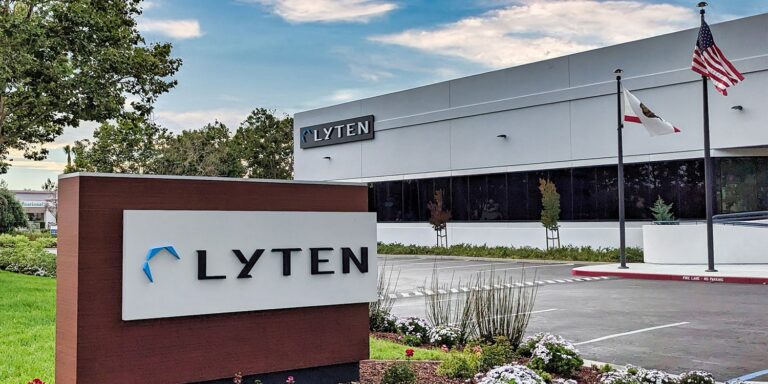The Stellantis-backed lithium-sulphur battery developer Lyten from California has raised a further $200 million in capital. The goal is to build up production and bring the first three product lines on stream.
Lyten’s Series B funding round was led by Prime Movers Lab, however, existing investors Stellantis, FedEx, Honeywell and Walbridge Aldinger also participated in the new round. Stellantis had already joined the young company in May to jointly develop applications for lithium-sulphur-based electric car batteries.
“Lyten stands out as a unique company that combines a truly novel materials technology with an extraordinarily talented management team capable of developing and commercializing multiple applications,” said Zia Huque, general partner at Prime Movers Lab. “Its first three applications, Lithium-Sulfur batteries, Composites, and IoT Sensors, each deliver capabilities into the largest industries in the world that would simply not be possible without their proprietary 3D Graphene.”
Since its founding in 2015, Lyten has raised more than 410 million dollars in capital. That is the equivalent of just under 382 million euros. The company is working on a novel three-dimensional graphene material platform. This material is said to be characterised by its “unique adaptability”, among other things, and is thus suitable for diverse applications outside of the battery. However, the main application of 3D graphene will probably be in batteries. The first lithium-sulphur battery cells from the Silicon Valley plant are scheduled for delivery early next year to launch customers in the automotive sector, among others.
As already mentioned, the money will be used to expand production. In June 2023, Lyten opened its first automated pilot production facility. Both pouch and round cells are manufactured there, but the pilot line’s production capacity is limited to a maximum of 200,000 cells per year.
“We believe new materials hold the key to delivering fundamentally better-performing products that will also deliver gigaton scale decarbonization impacts. In every industry, materials limitations are a barrier to profitably reducing emissions and that is exactly where we are deploying 3D Graphene,” says Dan Cook, co-founder and CEO of Lyten.



